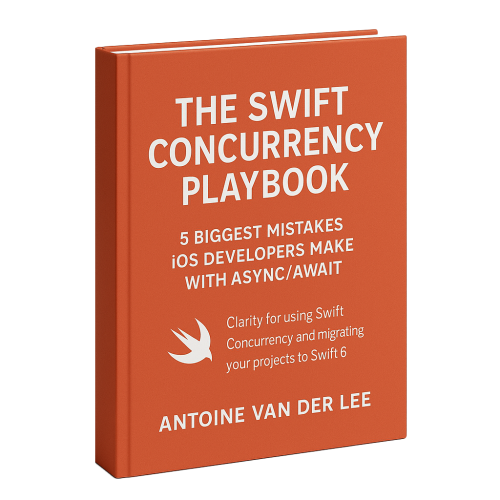In Swift it’s kind of unsupported to implemented optional protocol methods.
You can, which is ugly, use the @objc syntax:
@objc protocol MyProtocol {
optional func doSomething();
}
class MyClass : MyProtocol {
// no error
}
Another disadvantage here is that structs are unsupported, as you’re bridging for Objc.

FREE 5-Day Email Course: The Swift Concurrency Playbook
A FREE 5-day email course revealing the 5 biggest mistakes iOS developers make with with async/await that lead to App Store rejections And migration projects taking months instead of days (even if you've been writing Swift for years)
Using protocol extensions to create optional protocol methods
However, with Swift 2.0 it’s possible to define protocol extension. This allows you to create optional methods for your protocol easily:
protocol MyProtocol {
func doSomethingNonOptionalMethod()
func doSomethingOptionalMethod()
}
extension MyProtocol {
func doSomethingOptionalMethod(){
// leaving this empty
}
}
As stated in this thread, many people are asking this feature:
http://stackoverflow.com/questions/24032754/how-to-define-optional-methods-in-swift-protocol